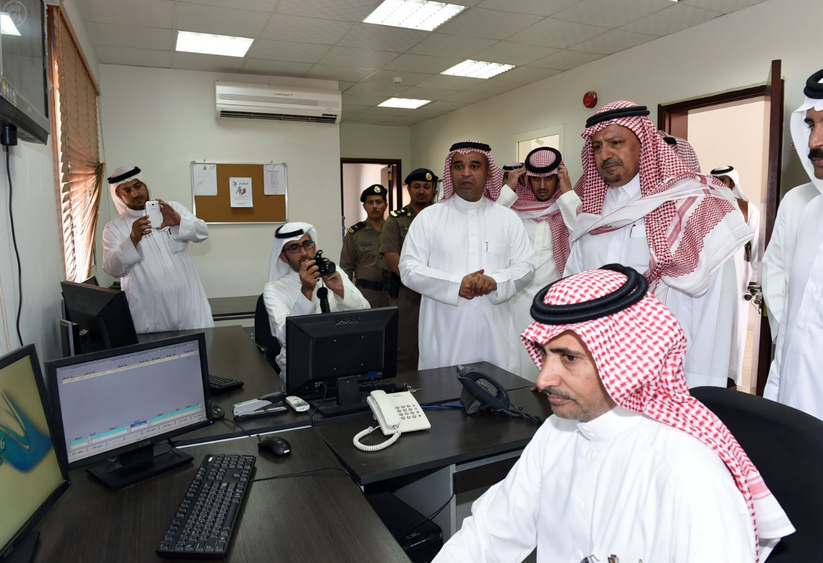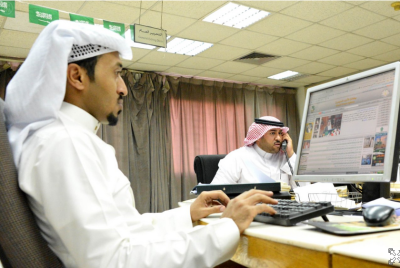In the rush to create the next big success in the online industry in MENA, it is useful to pause and ponder key lessons our nascent community can benefit from based on the successes (and failures) of founders and investors in developed markets, such as the US, and other emerging markets more advanced than ours, such as Latin America, and Central and Eastern Europe.
While some key factors are similar anywhere in the world –e.g. founders’ characteristics, business model scalability, and the nature of challenges that must be addressed– other factors tend to be unique to emerging markets. This includes the existence (or a lack thereof) of barriers to entry, your choice of country to operate in, and the ability to secure smooth and predictable funding sources for your business.
Here are the key factors that often determine the success or failure of online businesses in MENA:
Founders: it is a common myth that founders of online businesses are usually youth in their twenties who are fresh out of college. To the contrary, studies show that the average age of a successful founder is approximately forty years old. However, in MENA it is challenging to find forty year-old founders as they typically have a family to support and several personal loans to finance. This puts them in a position where they can’t afford the long-cycle required to raise funding from investors, and the even longer period it takes to put a business together.
Scalability: the best online business models in the world are characterized by their scalability. The best example is Google, where they built a search engine once and allow it to be used countless times, hence generating revenue that outgrew the growth in the cost of running the business. Online classifieds businesses are similar, allowing you to use one platform to scale to hundreds of thousands of listings and earn the corresponding revenue.
On the other hand, a business model such as fulfillment e-commerce where you sell electronics or fashion requires you to add more offline resources as you sell more units online, often resulting in very low margins that do not justify the size of the investment compared to the returns.
Barriers to entry: the question of whether to choose local versus global business models is a very tricky one that investors and founders often oversee, despite its critical importance. MENA-based businesses that do not have a strong barrier to entry are often unable to survive or compete against similar global companies that scale into the region, due to the fact that their global counterparts are better funded. For example, generic travel websites, might deceive founders and investors as local business models, while in fact, they don’t possesses any barrier to entry and are helpless in the face of similar global websites. Even fulfillment e-commerce websites that sell electronics or fashion may not be able to survive in the face of global competition, since all it takes for a global player to offset local companies’ competitive advantage is to open a logistics and fulfillment center in MENA.
On the other hand, business models such as restaurant reservations or local mobile taxi ordering require building up a local network, which creates a very strong barrier to entry, rendering global players powerless unless they make a sizable investment to compete and replace local companies by taking over their networks. In almost all cases, it turns out to be more cost-efficient for global players to acquire local ones, thus preserving the value created by the founders and the investors of those business models.
Location: location is an important factor for online businesses. Having your operation headquarters in a market where you can do business easily, attract talent, and be investor-friendly is a key factor. In that sense, the UAE shines as the best location for online business, but then again, the largest markets often turn out to be Saudi Arabia, Egypt, and even Morocco, while the cost of expansion, let alone the time it takes, is a huge burden that businesses are not always able to address.
Funding: ability to secure on-going funding on short notice is critical to successful founders, as it allows them to focus on running their business. There’s a high level of friction between investors and founders in MENA simply due to the level of maturity of the market. For this reason, the number of good businesses that are unable to survive because they can’t raise funds is exceeding the number of bad businesses that are failing because of their founders, business models, or market choices.
Considering all the key factors listed above, it is clear that mature founders, who have all the right factors in their favor, need investors who can offer certainty in helping them build and grow their businesses fast, no matter what resources are required (monetary or otherwise).
On the investment end, the venture capital business model may appear attractive and it will be, but not at this stage of the MENA market’s development. In fact, Venture Capital wasn’t the first model that allowed investors and founders to reap success in emerging online markets. To the contrary, it was the operating platform business model.
The latter model is what our team is set to build at iMENA. We are trying to address all the deficiencies and challenges that obstruct the successful build-up of online businesses in the MENA region by providing mature founders with a high-certainty environment that enables them to build their businesses fast, scale quickly, and receive on-demand funding as they grow.
There’s no doubt that we will see success in the venture capital model in our region as well, but this will likely happen in five to seven years’ time, during which many of the key business models will be won. In the online industry timing can be everything.
Khaldoon Tabaza is Founder and Managing Director of iMENA Group, which is dedicated to investing in, building and partnering with consumer online businesses in the MENA region.










